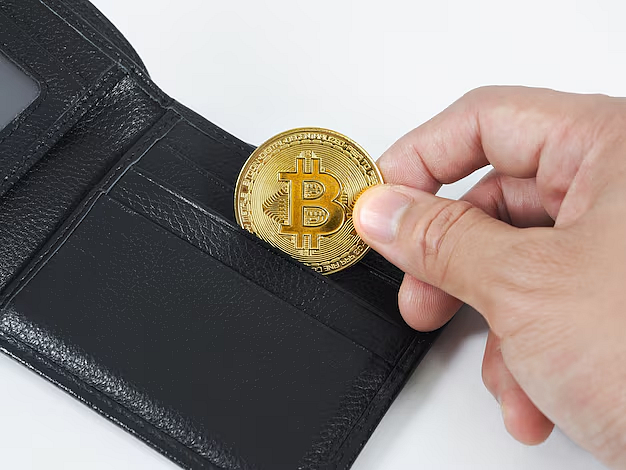In cryptocurrency, your first major decision is who controls your money: you, or someone else? This is the core difference between a non-custodial and a custodial wallet.
Custodial Wallet: A third party (like an exchange) holds your private keys for you. It's like a bank.
Non-Custodial Wallet: You hold your own private keys. You are your own bank.
Understanding the trade-offs is essential. Here is a direct comparison:
Custodial vs. Non-Custodial: A Head-to-Head Comparison
| Feature | 🏦 Custodial Wallet (The Bank) | 🔑 Non-Custodial Wallet (Your Vault) |
| Who Holds Keys? | The exchange (e.g. Coinbase, Binance) | You and only you |
| Control | You trust a third party | You have full control and sovereignty |
| Convenience | Very high — easy to trade, no seed phrase needed | Lower — you must secure your own keys |
| Recovery | Password reset possible via support | No recovery — lose keys, lose funds |
| Security Risk | Centralized hacks (e.g. FTX) | User errors like losing seed phrase or scams |
| Best For | Beginners, active traders, small amounts | Long-term holders, large amounts, DeFi users |
| The Ethos | Easy to use, but you trust them | “Not your keys, not your coins.” |
So, Which One Should You Actually Use?
There is no single "best" answer, only what's best for your situation.
You should use a Custodial Wallet if:
You are a complete beginner and just bought your first crypto.
You are actively trading on an exchange and need fast access.
You are concerned you might lose your private keys and want a password reset option.
The amount you are storing is small and you are comfortable with the exchange's security.
You should use a Non-Custodial Wallet if:
You are holding a significant amount of crypto that you can't afford to lose.
You believe in the core crypto principle of self-sovereignty.
You want to interact with DeFi, NFTs, or other decentralized applications.
You have a clear, secure plan for storing your seed phrase offline.
The Pro Strategy: Use Both
Most experienced crypto users adopt a hybrid approach. It's the most practical and secure method:
Use a custodial wallet (on an exchange) for your "checking account": small amounts for active trading.
Use a non-custodial hardware wallet (like Ledger or Trezor) for your "savings account": the majority of your crypto that you plan to hold long-term.
A Final Word on Security and Regulation
Which is safer? From online threats, a non-custodial hardware wallet is objectively the safest option because your keys are offline. However, a custodial wallet is safer from user error, as you can recover your password.
Regulation: Custodial wallets on major exchanges are regulated and require you to verify your identity (KYC). Non-custodial wallets offer more privacy but place the responsibility of legal compliance entirely on you.
Learn More: All About Crypto Wallets: Your Complete Guide To Securing And Storing Digital Assets
Final Thoughts: Not Your Keys, Not Your Coins
The words "not your keys, not your coins" have actually become a crypto creed of sorts, summarizing the essence of this argument. Really, the choice between a custodial and non-custodial wallet comes down to one overriding question: How much are you willing to sacrifice control for, and how much are you willing to own?





















